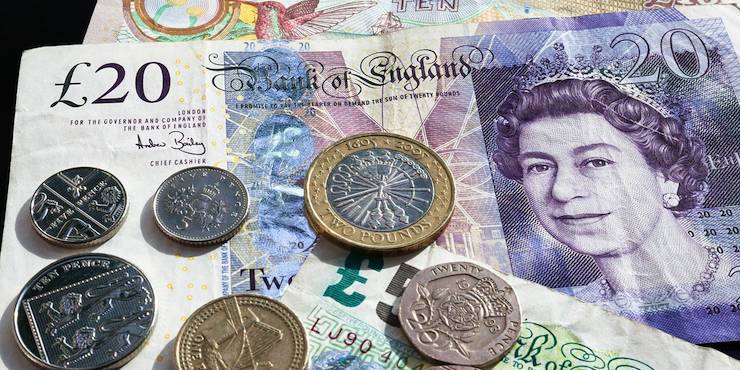How to improve your credit score

November 19, 2013
What is a credit score?
Whenever you apply for credit, the lender needs to understand the risk (and potential profit) it will make from lending to you. To do this the lender will use information directly from your application, together with other information on your credit history to see if you’ve made payments on time for example and have re-paid in full previously.
If you achieve a high score you’re more likely to get the credit application approved and you may even benefit from lower interest charges as you’ll be perceived as a lower risk borrower. However, all lenders will use different calculations for your score based on the information they hold. Therefore it’s always best to get an understanding of your credit history before applying for loans, credit cards, mortgages or any contracts such as for a mobile phone.
How do I find out what my credit score is?
The simplest way is to use a service like Equifax or CreditExpert (by Experian) as you can check online in a matter of seconds and both offer a cost effective way of checking. Both offer a free trial so you can get a taster of the information and then if you’ll need to check your score regularly, you can decide whether or not to sign up to a monthly subscription.
Steps to improve your credit score
#1 Get some credit history
Many people who have never defaulted on a re-payment will often find it initially difficult to get anything on credit. The reason is because they’ve never had any credit contracts to default on in the first place – they have zero credit history. This makes it very difficult for lenders to judge whether you’ll be a low or high risk as no information is available on you.
You should always try to make sure you have credit history for when you really do need significant credit such as a loan or mortgage and can do this by building it over time with some simple things. For example, take out a credit card and use it only for petrol – you can then make payments in full each month. Alternatively, make sure your phone contract is in your name and not in one of your parents’ or a spouse’s name.
#2 Show some stability
All lenders love to see as much stability as possible as this indicates that you’re settled, can manage money well and aren’t likely to default on payments – this all means a higher credit score.
Stability can come in various forms – the first is stability of job and living arrangements. Self-employed people often find it harder to get credit than those employed by another company so make sure you think about your job status before applying, especially if anything is due to change. You can also demonstrate stability to the lender by the amount of time you’ve lived at a current address and being on the electoral roll will also help.
You should then have stability of re-payments for previous credit – make sure you always pay on time and the amount owed. If you are concerned you won’t be able to pay on time, call the lender and ask if they can push the date back by a couple of days without it being marked as a non-payment on your account.
All of this will help to show that you’re not going anywhere and have been responsible with credit provided so far.
#3 Timing is everything
Think ahead before applying for anything on credit – if you’re expecting a large change in your life such as a house move or going on maternity leave, make sure you apply before the change happens as you may have issues with your application during the transition period and this could then impact your score. Every time you apply for a credit card, new phone contract or anything else that involves you not paying in full at the start of a period (i.e. any monthly payment plans) a note will be left on your file, so it’s best to space out the applications if possible.
#4 Reduce your debt and available credit
This may sound like a strange tip to improve your credit score as it’s likely you’re looking for more credit. However, this point is about reducing credit in some places so you can get more in the area you need it. If you’re looking to get a mortgage, use savings if possible to pay off credit cards and cancel any that you no longer use or need. The mortgage lender will have access to all outstanding debts when you make your application, so by reducing it in advance you may be seen as lower risk.












